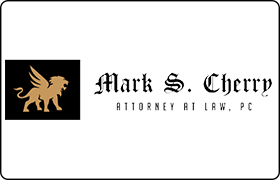COUNTERCLAIM
A defendant's court papers that seek to reverse the thrust of the lawsuit by claiming that it was the plaintiff -- not the defendant -- who committed legal wron...
(more...)A defendant's court papers that seek to reverse the thrust of the lawsuit by claiming that it was the plaintiff -- not the defendant -- who committed legal wrongs, and that as a result it is the defendant who is entitled to money damages or other relief. Usually filed as part of the defendant's answer -- which also denies plaintiff's claims -- a counterclaim is commonly but not always based on the same events that form the basis of the plaintiff's complaint. For example, a defendant in an auto accident lawsuit might file a counterclaim alleging that it was really the plaintiff who caused the accident. In some states, the counterclaim has been replaced by a similar legal pleading called a cross-complaint. In other states and in federal court, where counterclaims are still used, a defendant must file any counterclaim that stems from the same events covered by the plaintiff's complaint or forever lose the right to do so. In still other states where counterclaims are used, they are not mandatory, meaning a defendant is free to raise a claim that it was really the plaintiff who was at fault either in a counterclaim or later as part of a separate lawsuit.
 x
x

 Mark Cherry Cherry Hill, NJ
Mark Cherry Cherry Hill, NJ AboutMark Cherry Law
AboutMark Cherry Law Practice AreasSpecializations
Practice AreasSpecializations
